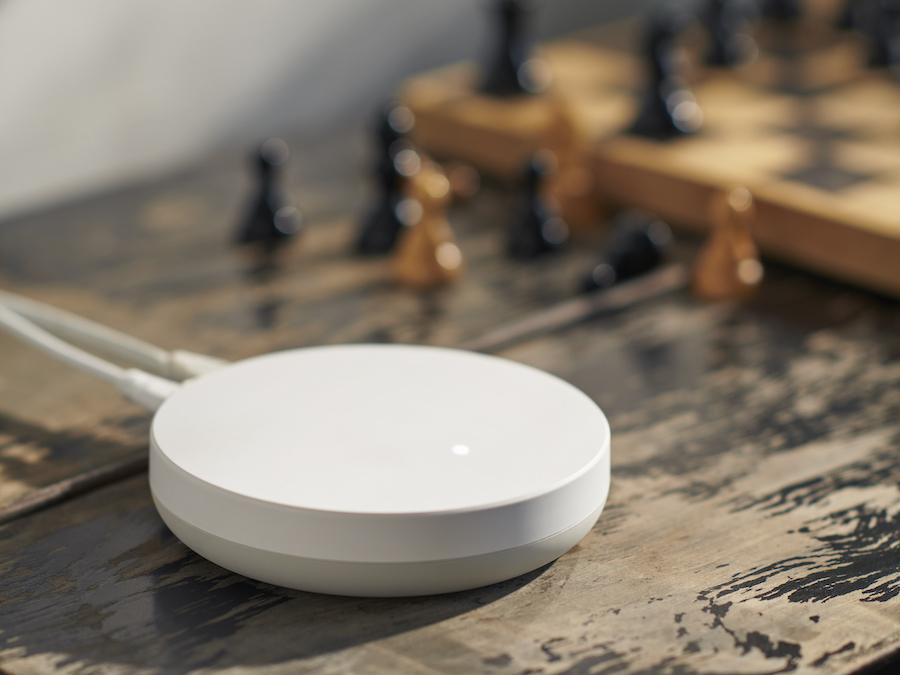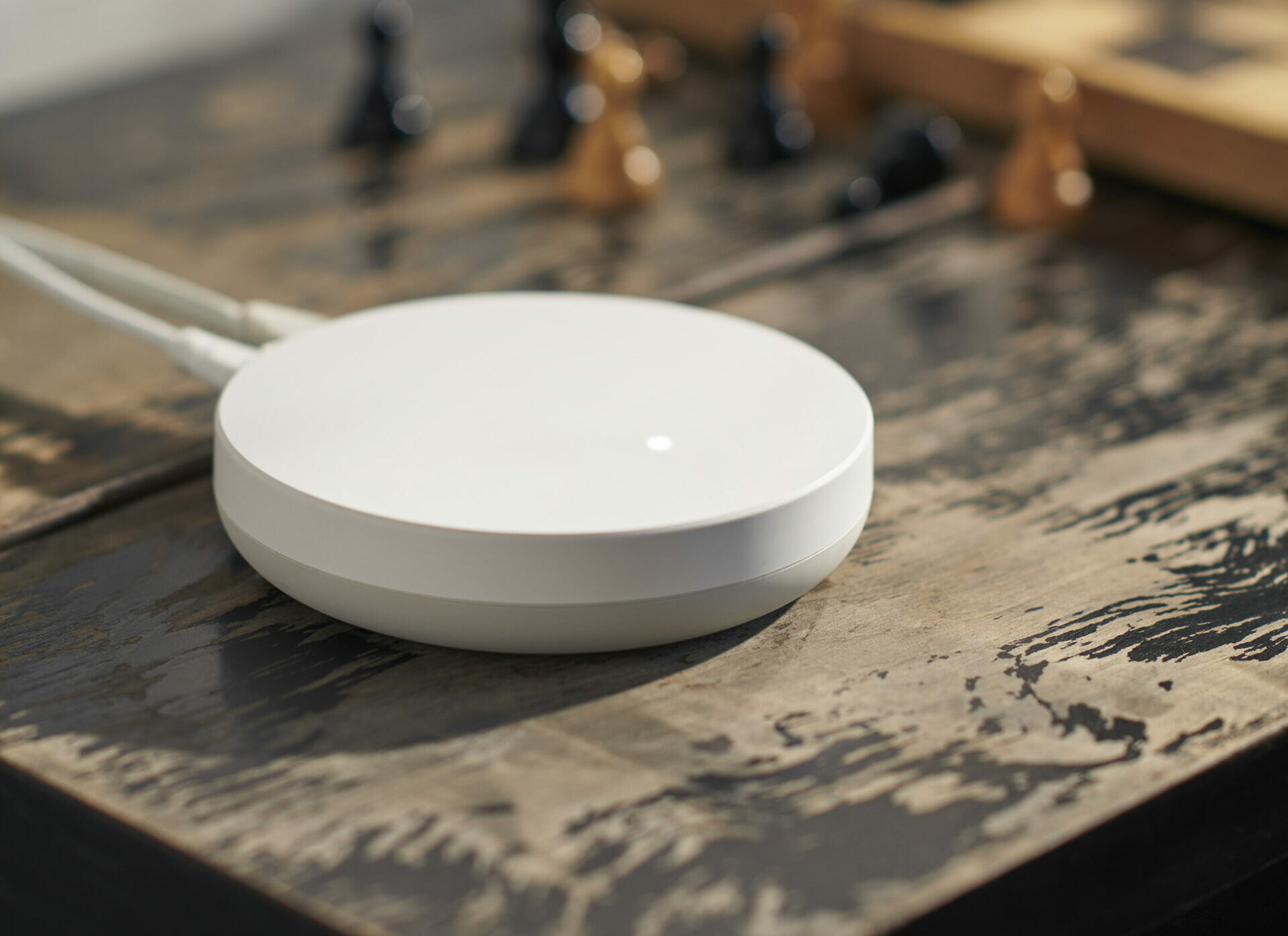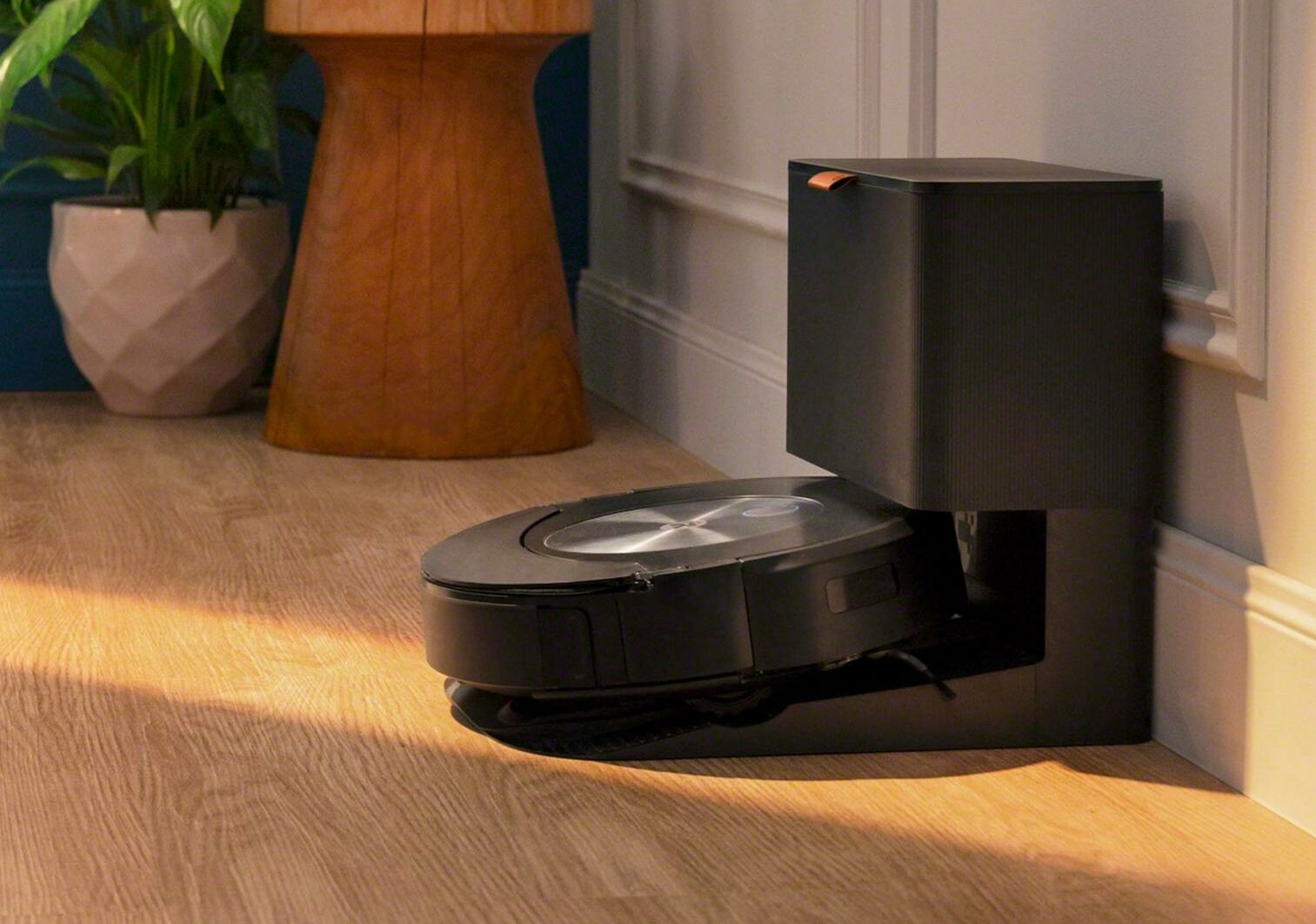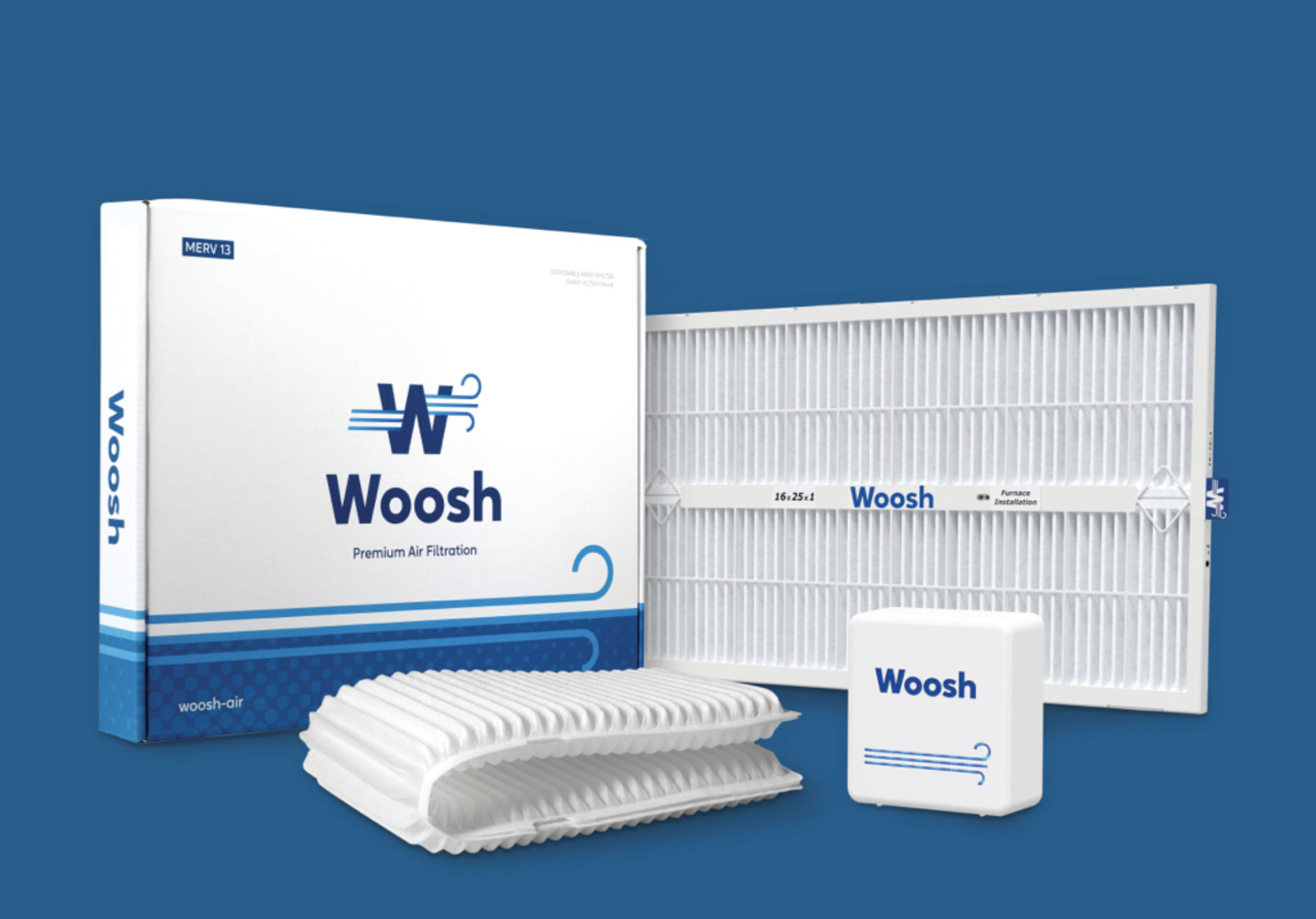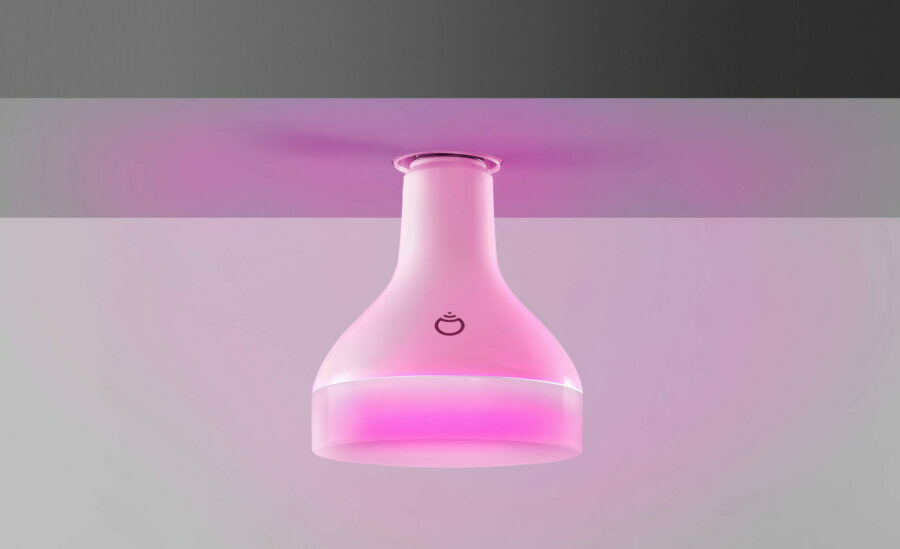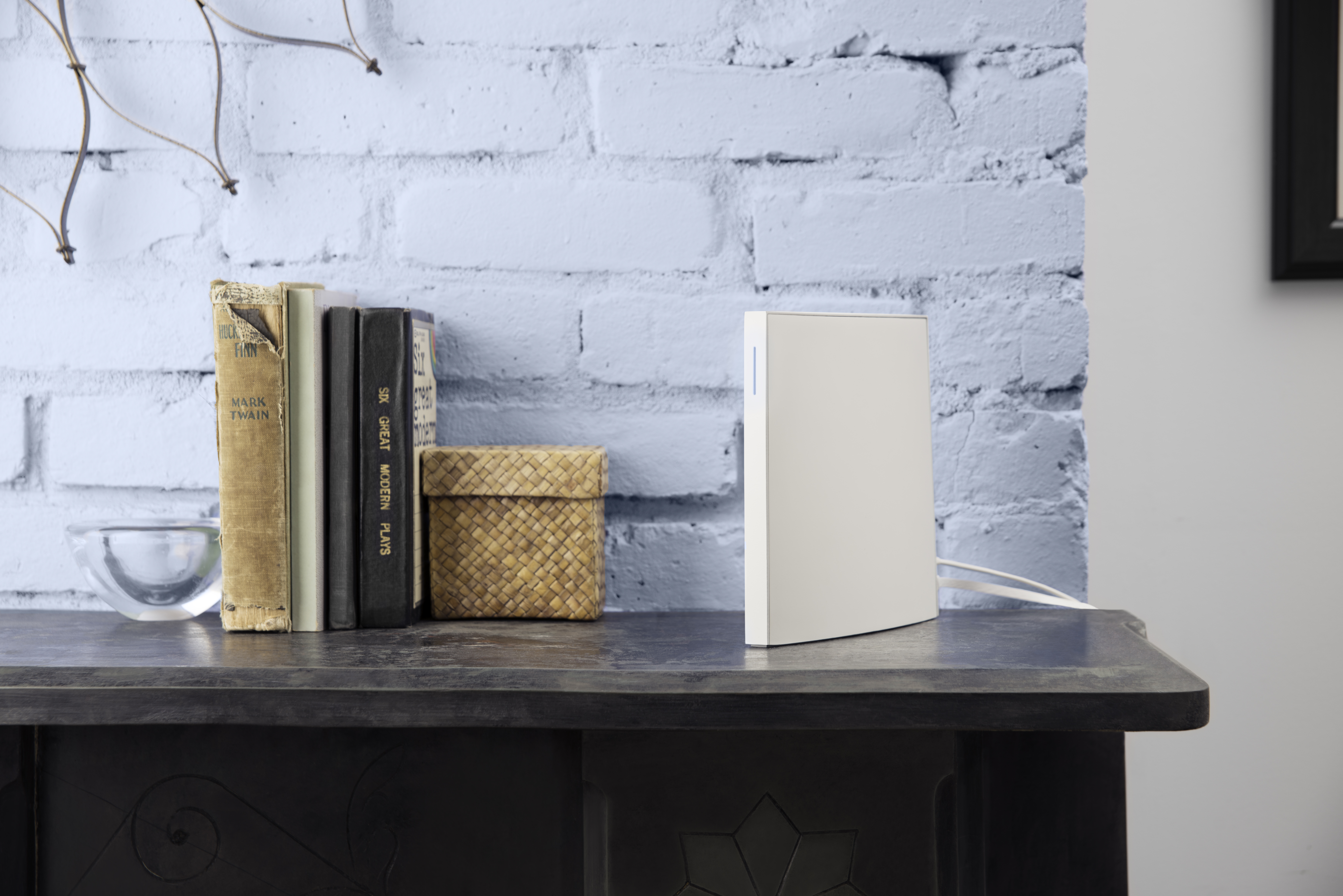Want to bring an IoT company back from the dead? Or understand the technical and business challenges associated with building an IoT product? Then this story by Kevin Chung is for you. Kevin and I have left CES 2023 behind, but we had plenty of of things to talk about on this week’s show, starting with our sense of disappointment after the show. We also serve up some more news from CES tied to Matter, Leviton, Aqara, and new products from Shelly. Then we discuss the deal between John Deere and The American Farm Bureau Federation to give U.S. farmers the tools they need to repair their own farming equipment at fair and reasonable rates. We talk about what this deal does and does not make possible. We also focus on wireless power with news from Energous, Ossia and a door lock that we saw at CES that charges over the air. I can’t wait to get rid of charging cables, and batteries. We then answer a listener question about updating plugs and energy monitoring products to Matter.
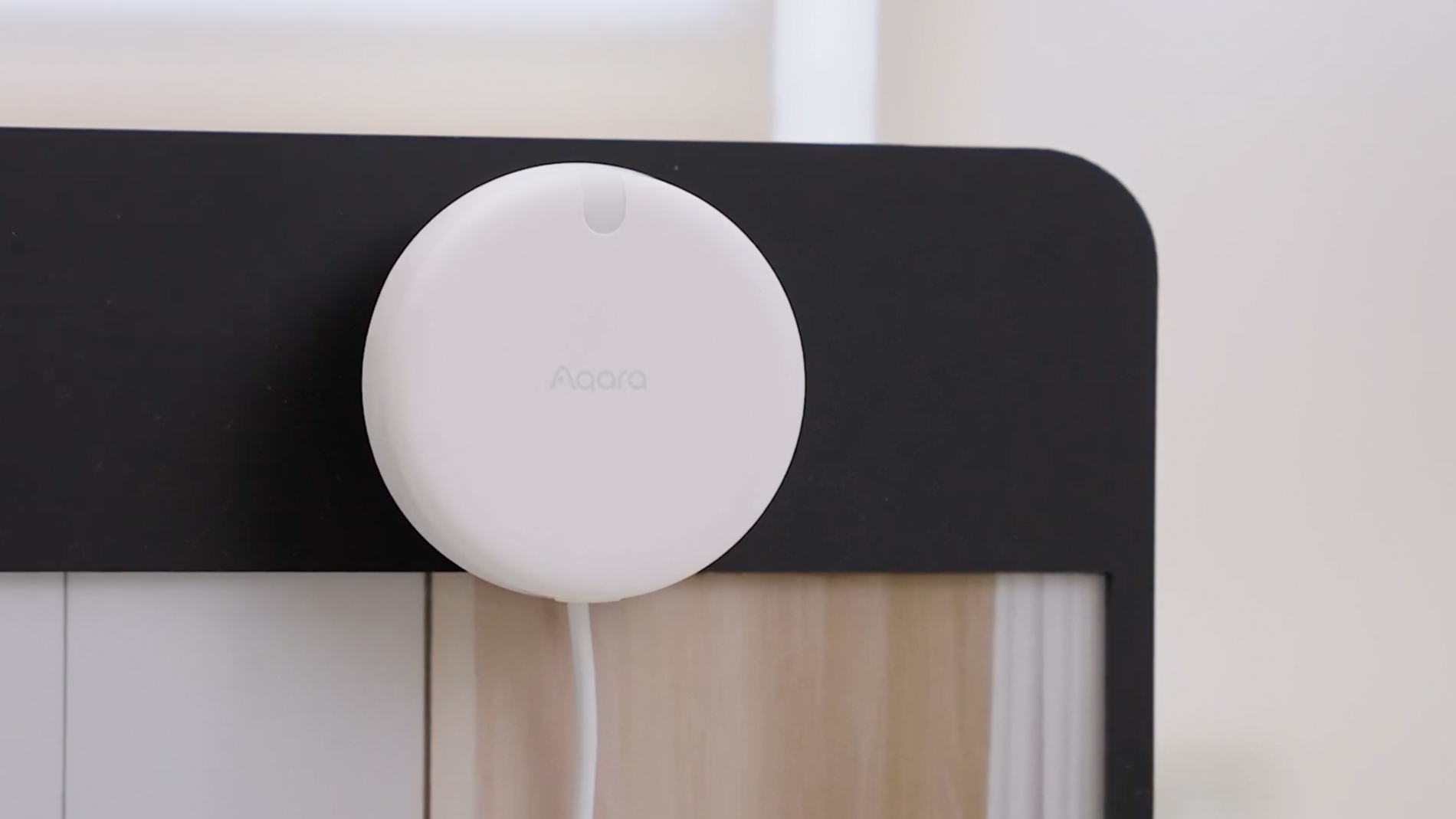
Our guest this week is Sanjay Gupta, president of the AirFuel Alliance. He’s on the show talking about the newly launched AirFuel RF standard, which provides up to 1 watt of power over a distance. We discuss what that means for convenience in terms of not having to replace batteries, and what it means for sustainability if we can eliminate batteries. We also talk about why over-the-air wireless power is actually real after more than a decade of hearing about it. It turns out we have companies such as Wiliot, Atmosic and others who are pioneering efficient computing and low power radios for IoT use cases to thank. Finally, we discuss when we’re likely to see wireless power become commonplace and where we’ll see it first. Enjoy the show.
Hosts: Stacey Higginbotham and Kevin Tofel
Guest: Sanjay Gupta, president of the AirFuel Alliance
Sponsor: Silicon Labs
- What’s next for the Matter standard
- Why this Aqara sensor is so cool
- John Deere compromises on right to repair
- Over-the-air wireless charging is ready for its close up
- Low power chips help bring over-the-air wireless power closer
Podcast: Play in new window | Download | Embed
Subscribe: RSS

